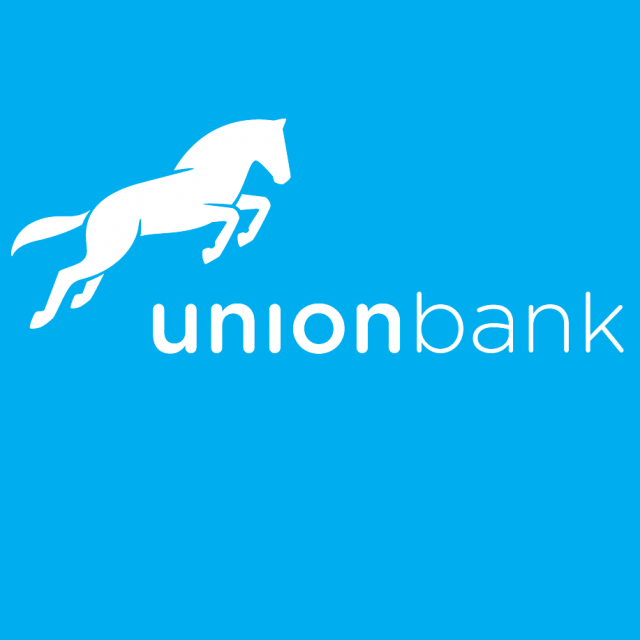FRI, 29 JULY, 2022-theGBJournal| Union Bank of Nigeria Plc, one of Nigeria’s long-standing and most respected financial institutions, published its unaudited financial statements for the quarter ended 30th June, 2022 on the Nigerian Exchange today, reporting a 12.5% growth in gross earnings to N87.4bn (N77.7bn in H1 2021) driven by higher earning assets.
Profit before tax rose 6.7% to N12.3bn (N11.5bn in H1 2021). Net operating income after impairments rose 2.6% to N49.6bn (N48.3bn in H1 2021) driven by higher trading income.
Customer deposits also grew by 7% to N1.5 trillion (N1.4 trillion in Dec 2021) while gross loans dropped by down 0.4% at N895.3bn (N899.1bn in Dec 2021) and Non-performing loans ratio was reported flat at 4.4% (4.3% as at June 2021).
The bank’s Non-interest income in the period fell by 24.1% to N21.1bn compared to N27.7bn in H1 2021 due to foreign exchange revaluation loss and operating expenses went up 1.3% to N37.3bn (N36.8bn in H1 2021) an outcome of higher non-discretionary regulatory costs and power costs.
Commenting on the results, Mudassir Amray, CEO said, “Following the successful acquisition of majority shares of the Bank by Titan Trust Bank, we are now focused on strengthening the core business and improving operational efficiencies across board. In parallel, we are going full throttle on integrating the two banks to form a ‘stronger Union’ positioned to deliver value to all stakeholders, leveraging technology and digital innovation. The integration is expected to be completed by the end of the third quarter.
In H1 2022, compared to H1 2021, the Bank’s Gross Earnings, Net Interest Income and Profit Before Tax grew by 12.5%, 41%, and 6.7% respectively.
Since taking the reins as Chief Executive Officer as at June 2nd, 2022, I am confident that the Bank has all the necessary ingredients to be a tier 1 bank.
As we drive towards a seamless integration in the second half of the year, we remain committed to achieving our business objectives. We are excited about exploiting the synergies from the newly expanded franchise post integration.’’
“We have continued to deliver improved efficiency, enabling growth in PBT, which grew by 6.7% to N12.3bn. Net Interest Income increased by 41% during the period, driven by interest income which grew from N47.7bn to N64.3bn during H1 2022. The rise in interest income was underpinned by growth in loans/advances which rose by 24%. Despite inflationary pressures, our strong cost management model continues to yield dividends.
Operating expenses grew slightly by only 1.3% to N37.3bn from N36.3bn. Deposits increased by 7% to N1.5 trillion while our risk assets dropped slightly by 0.4% to N889.1bn from N895.3bn as at year-end 2021.
Our capital and liquidity positions remained above regulatory levels, with CAR at 16.4% and liquidity ratio of 39.2% further demonstrating the capacity of our strong balance sheet.
Our non-performing loan ratio ended at 4.4%. Furthermore, our coverage ratio remains robust at 140.7%.”
Also speaking on the H1 2022 numbers, Chief Financial Officer, Joe Mbulu said: “We have continued to deliver improved efficiency, enabling growth in PBT, which grew by 6.7% to N12.3bn. Net Interest Income increased by 41% during the period, driven by interest income which grew from N47.7bn to N64.3bn during H1 2022. The rise in interest income was underpinned by growth in loans/advances which rose by 24%. Despite inflationary pressures, our strong cost management model continues to yield dividends.
Operating expenses grew slightly by only 1.3% to N37.3bn from N36.3bn. Deposits increased by 7% to N1.5 trillion while our risk assets dropped slightly by 0.4% to N889.1bn from N895.3bn as at year-end 2021.
Our capital and liquidity positions remained above regulatory levels, with CAR at 16.4% and liquidity ratio of 39.2% further demonstrating the capacity of our strong balance sheet. Our non-performing loan ratio ended at 4.4%. Furthermore, our coverage ratio remains robust at 140.7%.”
Twitter-@theGBJournal| Facebook-The Government and Business Journal|email: gbj@govbusinessjournal.ng|govandbusinessj@gmail.com










